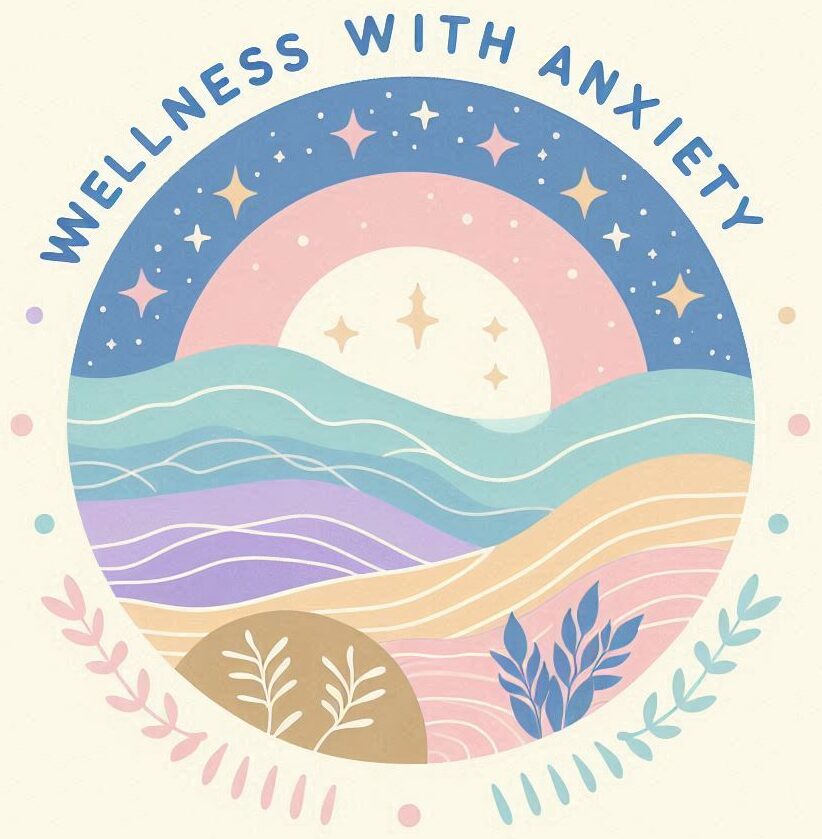 Therapy can be a game-changer, right?
Therapy can be a game-changer, right?
But it all starts with understanding what therapy’s about and what you can get out of it. It’s like mapping your journey before you hit the road.
So, what’s therapy’s main gig?
It’s helping you understand your thoughts, feelings, and behaviors in a way you maybe didn’t before.
Finding the right therapist is crucial. Working with someone who’s a pro doesn’t automatically mean they’re the perfect fit for you. Look for someone who vibes with your goals and makes you feel comfortable. It’s like choosing a co-pilot for your journey—make sure it’s someone you trust and can open up to freely.
Now, let’s talk about building that rock-solid relationship. You want a partnership with your therapist based on trust and respect. You’ve gotta be honest about your struggles, victories, and even those awkward moments of silence during a session. That honesty paves the way for growth and change.
Being open and honest is, like, the foundation of every successful therapy story. Isn’t it every bit as important to be open with yourself as with your therapist? Share what’s really going on, even the tough stuff you maybe hold back on sharing with family or friends. It’s all about making your therapy time count.
Preparing for Your Sessions
 Going into therapy sessions without a game plan might feel like wandering in the dark, right? Lining up your goals and what you really want to get out of this makes a world of difference. Think about what you’ve been through since your last session and what you specifically want to tackle now.
Going into therapy sessions without a game plan might feel like wandering in the dark, right? Lining up your goals and what you really want to get out of this makes a world of difference. Think about what you’ve been through since your last session and what you specifically want to tackle now.
Reflecting on Past Session Experiences
Reflecting on your experiences from past sessions can offer vital insights. Like, what discussions brought up big emotions or sparked some serious aha moments? This helps in remembering what’s working and what needs to be on your radar.
Addressing Uneasy Topics
There might be stuff you feel uneasy talking about—totally normal. Really think about what’s been nagging at you or things you’d rather avoid but know you need to address. It’s often those very topics that hold keys to unlocking personal breakthroughs.
Keeping a Therapy Journal to Track Your Journey
Keeping a therapy journal isn’t just for nostalgia; it’s a tool for tracking your journey. Jotting down your thoughts and emotions gives you a way to see patterns over time, spot growth, and keep track of challenges that need attention.
The CanPlan Mental Health Planner comes with everything you need to track your therapy progress, from daily trackers to monthly calendars to self-care toolkits. Within this 268-page planner, there is not only a pre-therapy and post-therapy tracker, but also a habit, medication, overcoming fear, and trigger-tracker just to name a few. And there are even added organizational features like bookmarks, dividers, and a 6-ring binder to make tracking your therapy progress that much easier and efficient. To start tracking your therapy sessions with ease, get your CanPlan Journal here.
Here’s a little transparency: Our website contains affiliate links. This means if you click and make a purchase, we may receive a small commission. Don’t worry, there’s no extra cost to you. It’s a simple way you can support our mission to bring you quality content.
Active Participation During Sessions
 Being all-in during your therapy session is where the magic really starts happening. You’re not just a passenger here; you’re in the driver’s seat of your journey. Being proactive and engaging openly with your therapist can set the tone for a productive session.
Being all-in during your therapy session is where the magic really starts happening. You’re not just a passenger here; you’re in the driver’s seat of your journey. Being proactive and engaging openly with your therapist can set the tone for a productive session.
Communication is Key
Communication in therapy is kind of like playing catch—both sides need to actively participate to keep the momentum going. Share your thoughts clearly and be open about what works for you in therapy and what doesn’t. Talking through any awkward moments can clear up misunderstandings and keep things flowing smoothly.
Pushing Through the Discomfort
Feeling resistant or uncomfortable? That’s alright—those feelings have a place in therapy, too. It’s important to acknowledge them and bring them up with your therapist. It could lead to breakthroughs in understanding yourself better.
Always Ask Questions
Asking questions is a powerful way to deepen your understanding. Whether it’s about something your therapist mentioned or how something applies to your life, bring those questions to the table. It shows you’re engaged and eager to understand how to make the most of your time in therapy.
Integrating Therapy Insights Into Your Daily Life
 Therapy doesn’t end when your session wraps up. The real test is using what you learn in therapy to tackle daily challenges outside the session. Think of it as your personal growth homework, constantly applying those insights to live a better, more mindful life.
Therapy doesn’t end when your session wraps up. The real test is using what you learn in therapy to tackle daily challenges outside the session. Think of it as your personal growth homework, constantly applying those insights to live a better, more mindful life.
Creating Action Plans for Active Change
Creating action plans from therapy sessions provides a roadmap for integrating new insights into your routine. Maybe it’s practicing new coping strategies, or setting aside time each day for reflection. These plans help ensure you’re not just talking about change but actively living it.
Self-Compassion and Mindfulness
Practicing self-compassion and mindfulness can be game-changers in your daily life. Therapists might introduce exercises or techniques to help you stay present and kind to yourself even when things get tough. Give yourself permission to not always have it all figured out.
Making Progress with Small Choices
Bringing therapeutic techniques into your regular routine can help solidify the progress you’re making. It’s in the small, everyday choices—like taking a few deep breaths when stressed or challenging negative thoughts—that therapy becomes a daily practice.
Keeping the Momentum Between Sessions
Keeping the momentum going between sessions is crucial, and it might mean staying accountable, maybe logging those small victories and setbacks in your therapy journal. Reflecting on these experiences can motivate further growth and prepare you for future sessions.
Evaluating Your Progress and Therapy Experience
 Recognizing progress in therapy isn’t just about solving your biggest issues. It’s those small wins—learning to be kinder to yourself or handling stress better—that show you’re moving in the right direction.
Recognizing progress in therapy isn’t just about solving your biggest issues. It’s those small wins—learning to be kinder to yourself or handling stress better—that show you’re moving in the right direction.
Evolving Your Goals with Therapy
Therapy goals aren’t set in stone; they evolve as you do. Checking in regularly on what you want to achieve can make your sessions more focused. Don’t shy away from shifting your priorities as you grow.
Making Adjustments if Necessary
Sometimes a change might be needed, whether that’s adjusting your approach or even considering a new therapist. If something’s not clicking, it’s important to address it rather than waiting and hoping it’ll fix itself.
Knowing When to End Therapy
Knowing when to end therapy can be tricky. Look for signs like meeting your initial goals or feeling equipped to handle challenges on your own. Remember, ending therapy doesn’t mean you stop growing—it means you’re ready to continue your journey with the tools you’ve gained!
